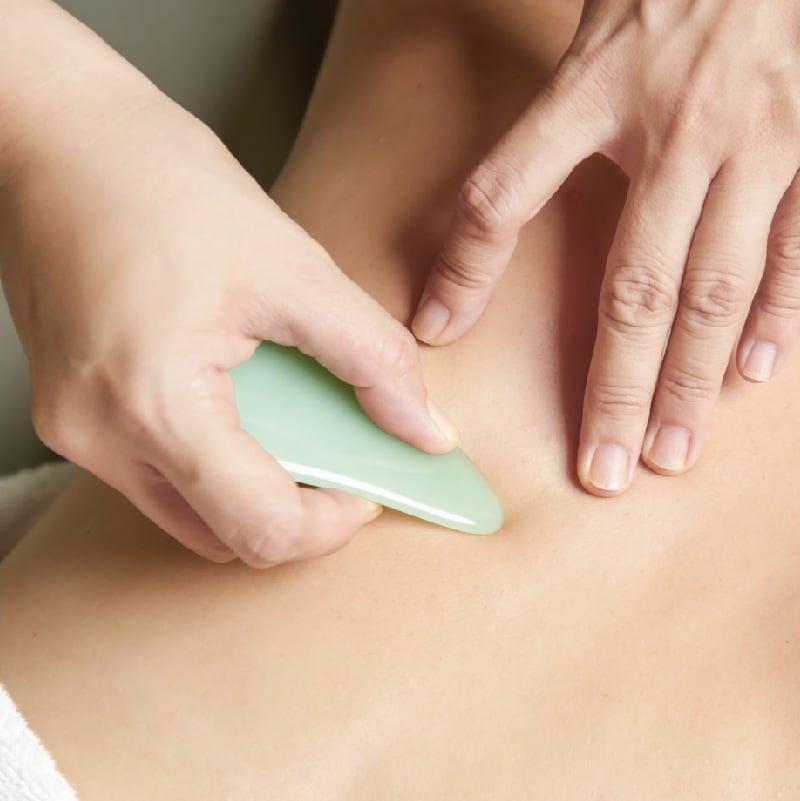Chances are there is at least one person in your family who snores loudly when they are sleeping. For 15-20 million Americans, that noise can point to a more serious health condition that affects your breathing, sleeping rhythm, and overall health.
Alice Hoagland, PhD, is the Director of Insomnia Services at the Rochester Regional Sleep Center and shares her insights on sleep apnea.
Defining sleep apnea
Sleep apnea is more than simply snoring or even sustained loud snoring. The condition is defined by periods of a person not breathing during sleep.
Snoring can be a precursor to developing sleep apnea. The sound of snoring is caused by air passing through your trachea while your tissues are relaxed. As your throat narrows, the sound can intensify.
“When the airway in the back of the throat becomes narrow, you start to hear the snoring,” Dr. Hoagland said. “Once the airway completely closes off, that will cause a sleep apnea – or a cessation of breathing.”
When a person stops breathing in an “apneic event”, they will often start breathing again after a gasp.
In addition to gasping, some symptoms of sleep apnea might include:
- Excessive fatigue during the day
- Restless sleep
- High blood pressure
- High blood sugar levels
Health consequences of sleep apnea
The symptoms related to sleep apnea can show up in other areas aside from your sleeping habits.
Dr. Hoagland said heart doctors refer a good number of sleep disorder patients to the Unity Sleep Clinic. As a result, cardiac patients often experience other symptoms or conditions at the same time as they are experiencing sleep apnea.
Atrial fibrillation and high blood pressure can be associated with sleep apnea patients, as well as obesity and poor blood sugar control.
Insomnia can be linked to sleep apnea, though this happens more often in women than men. Men will usually complain about being excessively sleepy during the day.
When do you seek out treatment?
Different circumstances lead patients to come in. For some, their spouse or partner will hear them stop breathing multiple times in a night. These are called “witnessed apneic events.”
“The louder and louder the snoring, the more likely it is that people have sleep disorder problems,” Dr. Hoagland said.
It is important to note the difference between random instances of a person who will occasionally stop breathing and a person who will stop breathing consistently while sleeping. If a person frequently and consistently stops breathing while sleeping, they should seek help from a sleep disorder specialist.
Different kinds of treatment
There are a few different ways to treat sleep apnea. The so-called “gold standard” for treatment is Continuous Positive Airway Pressure (CPAP) machines.
CPAP machines use a hose and mask to deliver a constant flow of air through a person’s throat to keep the airway open and keep the tissues inside of the throat from relaxing. This helps to prevent the airway from narrowing and reduces the number of times someone stops breathing in an apneic event.
Psychological issues can be one of the biggest hurdles to get past with using a CPAP. Some people are concerned about their appearance; others are concerned about how bulky the mask or hose can be. The equipment for the CPAP machine equipment makes them less cumbersome.
There are several other devices or treatments available based on the severity of the sleep apnea.
In more mild instances, dental appliances referred to as mandibular devices can help to keep a person’s jaw from relaxing and moving back as they sleep. Statistically, these can cut down on the number of breathing stoppages by 50 percent.
A newer treatment for medium to severe sleep apnea cases was recently approved by insurance companies and the FDA. The implantable pacemaker called Inspire is threaded to the muscles in the back of the tongue. A very small electrical charge keeps the tongue moved forward. Studies indicated it has a very high success rate.
For non-machine-related treatments, weight loss is an effective method of treatment. The more weight you lose, the more fat will be reduced from your tongue.
“Sometimes a small amount of weight loss will go a long way in helping to greatly reduce sleep apnea,” Dr. Hoagland said.
Advice about seeking treatment
The first step with any of these therapies is to have a conversation with your primary care provider or doctor about your concerns.
One suggestion from Dr. Hoagland about that conversation: Be honest.
“If this is an issue, don’t hesitate to bring it up earlier in your appointment rather than toward the end,” Dr. Hoagland said.








